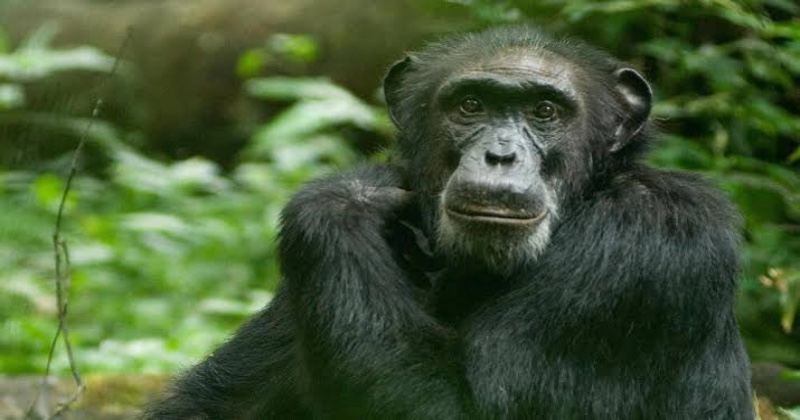
In a recent study, groundbreaking evidence has emerged indicating that female wild chimpanzees undergo menopause and experience a post-fertile phase, a phenomenon rarely observed in the animal kingdom. Kevin Langergraber, a senior author from Arizona State University, emphasized that this discovery challenges the notion that there is nothing new to learn about chimpanzees, despite decades of research. Just as in human populations and other chimpanzee communities, researchers from the University of California Los Angeles uncovered a decline in fertility among wild chimpanzees in Uganda’s Ngogo community, with no observed births after the age of 50.
The study delved into the mortality and fertility rates of 185 female chimpanzees residing in Kibale National Park, using demographic data collected from 1995 to 2016. The research team aimed to estimate the portion of their adult lives spent in a post-reproductive state. Additionally, the researchers examined urine samples from 66 female chimpanzees, drawing parallels with human menopause. The findings revealed an increase in follicle-stimulating and ovulating hormones, accompanied by a decrease in ovarian steroid hormones, including estrogens and progestins. It’s important to note that the chimpanzees exhibited varying reproductive levels and ages, spanning from 14 to 67 years.
This pioneering research not only challenges our understanding of chimpanzee biology but also provides insights into the unique phenomenon of menopause in these wild chimpanzee populations, shedding light on similarities between our own species and our closest relatives in the animal kingdom.

Post Your Comments